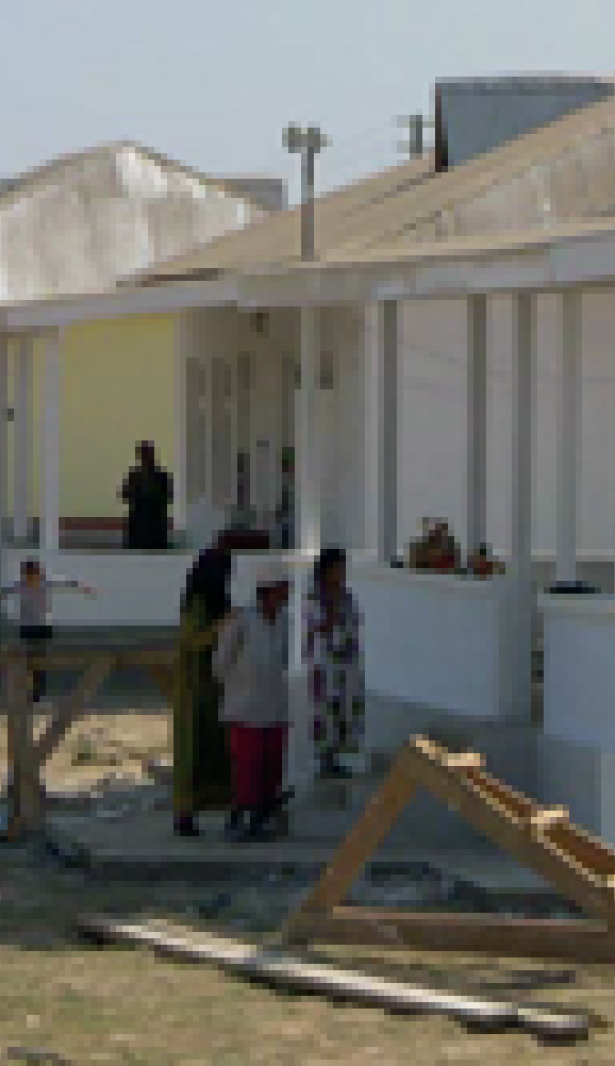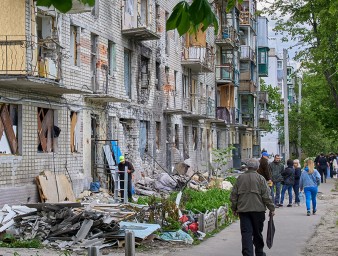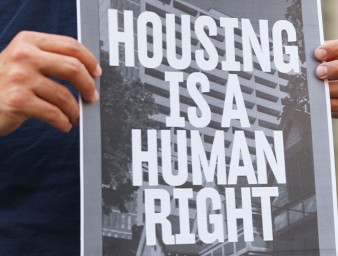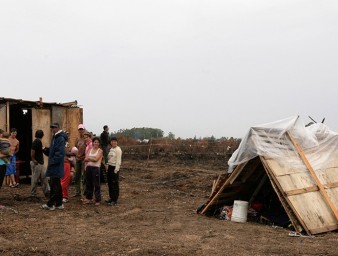Tajikistan revamps housing legislation
05 May 2014
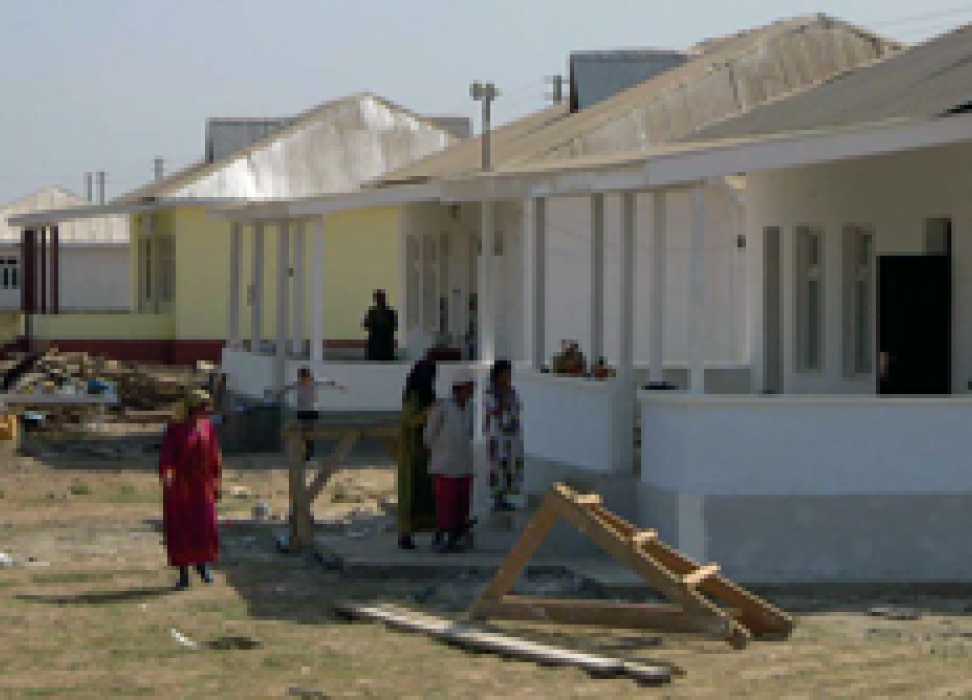
Tajikistan–once a country plagued by civil war and outdated housing became a haven for investors looking to build business centres and multi-story apartment buildings. However, this positive development has resulted in a wave of forced evictions of people from their homes.
Ikrom Teshaev was one of 100 people who lost his home after city officials in Dushanbe, Tajikistan decided to build a park, as part of a master plan. Teshaev said that he was not offered alternative housing, or compensation and many child evictees were not able to attend school for a long period of time.
"Our houses were demolished within two days and we were left literally on the street," said Teshaev, who is a professor of the Agrarian University of Tajikistan.
Teshaev and other victims filed complaints to the court on several occasions; however each time the response was the same–there was no violation of the law, as the houses did not have the proper permits, said Teshaev.
“Often evictees are not informed about plans to demolish houses in advance; they have no opportunity to receive legal advice and they do not know their rights,” said Sergey Romanov, a lawyer and Director of the NGO, Independent Center for Human Rights Protection.
In other cases, when evictees are provided with alternative accommodation and compensation, these alternatives are often not equal in value to the destroyed homes, Romanov said. “This demonstrates the need to bring in independent experts to assess the value of properties.”
Romanov noted that the issue of forced evictions is a growing problem not only in Tajikistan, but all throughout Central Asia.
“An important next step would be the development of the comprehensive national housing strategy,” said Lilia Zaharieva, UN Human Rights Adviser in Tajikistan, adding that such a strategy should include a substantial component on social housing, ensure consultations with the people, and also aim at helping the most vulnerable groups, including women, children, the elderly, migrants and people with disabilities.
Currently, the UN Human Rights Regional Office in Central Asia is supporting a legislative working group, comprised of members of Parliament, government representatives and civil society, to develop a new Housing Code in Tajikistan. The Code will incorporate many international standards on adequate housing, including those related to property rights, fair compensation and transitional provisions, among others.
“A new Housing Code, which fully articulates the rights of property owners, may bring long-awaited positive change. However, it is not enough to have good laws,” said Zaharieva.
To ensure the implementation of the new housing legislation, the UN Human Rights Regional Office in Central Asia organized a regional seminar for human rights lawyers and activists in Tajikistan, Kyrgyzstan and Kazakhstan to learn about the international standards on adequate housing and to share their experiences in upholding these rights in court.
The UN Human Rights Regional Office in Central Asia has also facilitated regional cooperation through the creation of a regional social network for participants in the seminar to exchange information about relevant developments in their respective countries, as well as resources and advice.
Additionally, as part of the work of the Office on the right to adequate housing in Tajikistan, the UN Human Rights Regional Office in Central Asia was able to conduct a study on the subject, within the framework of the European Union-funded project “Human Rights Protection for Stability in Central Asia”. Its findings were used to provide Tajikistan authorities with a number of recommendations.
5 May 2014
